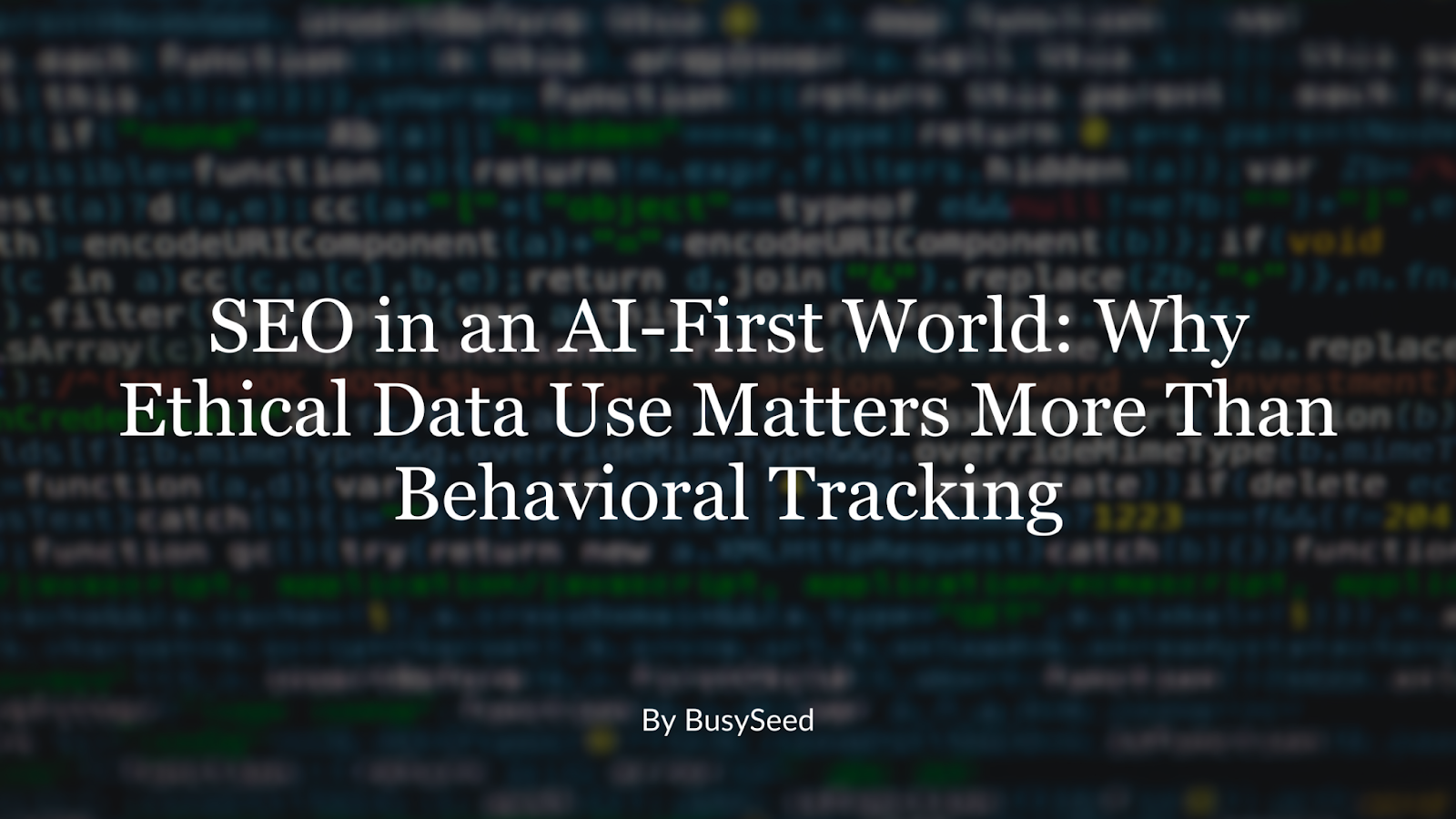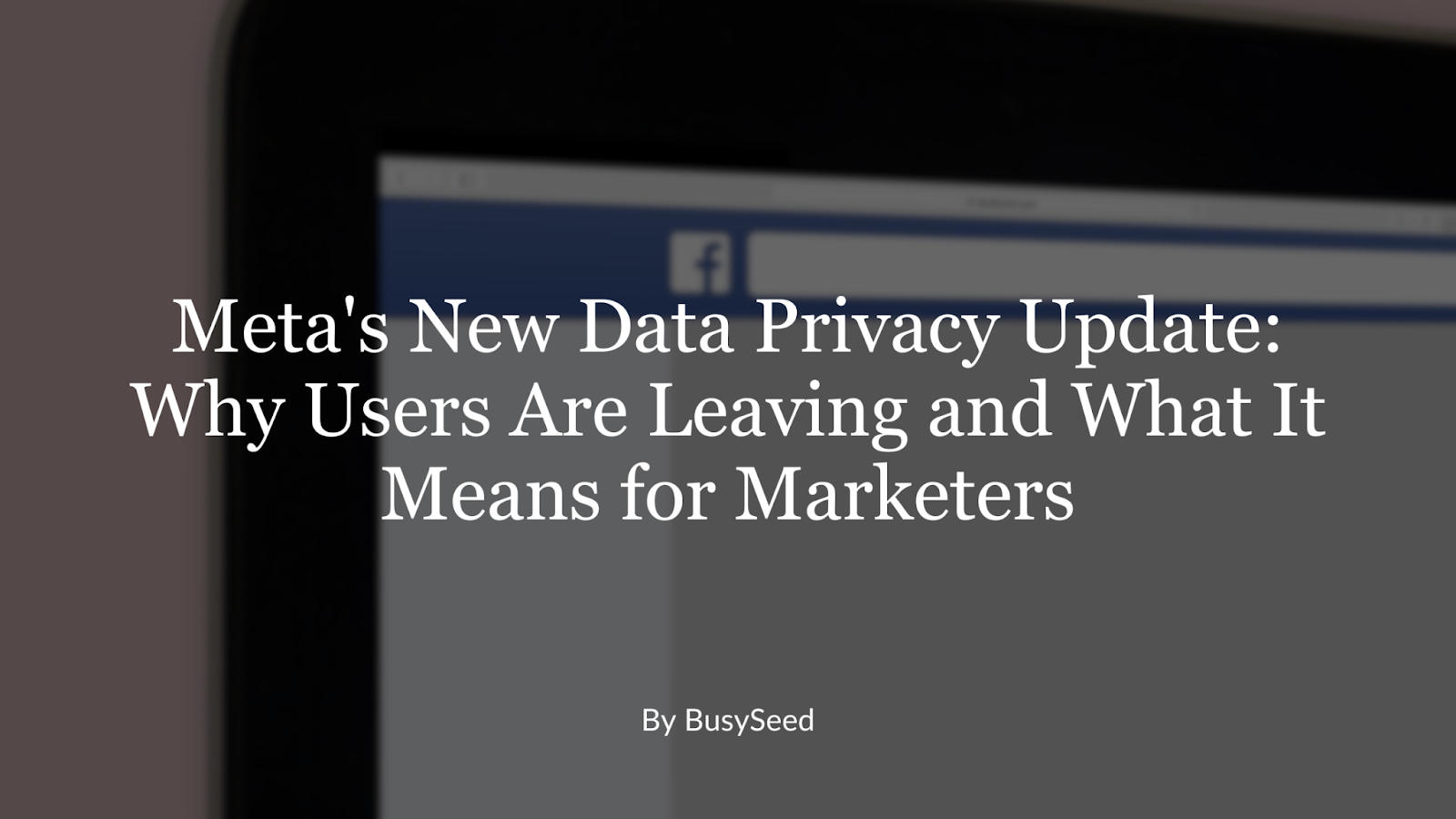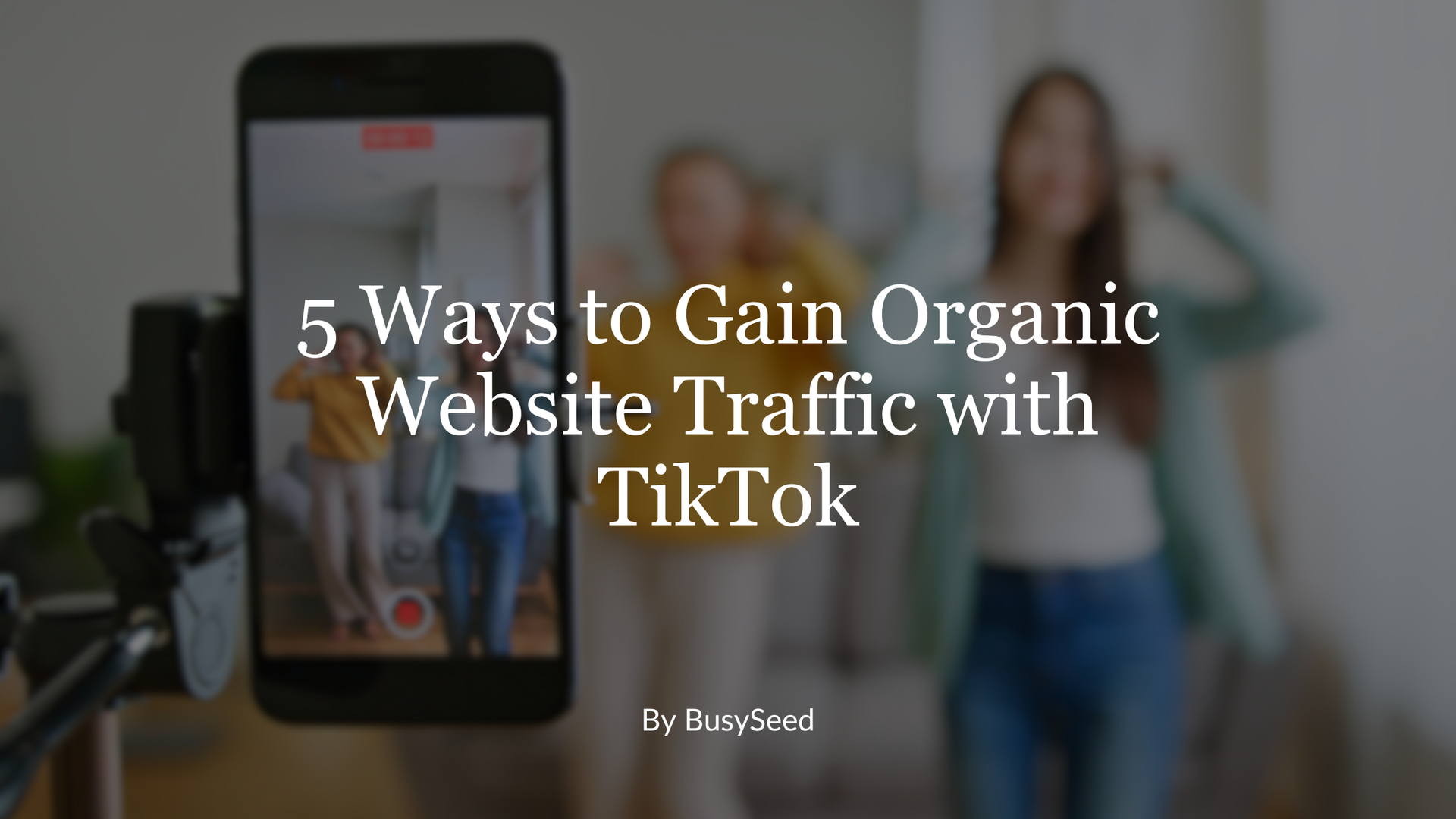Improving Your Cost Per Click on Google Ads
Google Search still stands as any digital advertiser’s bread and butter starting point for growing an online presence. Yet, the cost of running Google Search ads still confuses many. With the countless changed in digital marketing over the last year, many companies have had to revisit what is realistic in terms of ROI. While there are many metrics that impact ROI, let's take a look at improving your cost per click on Google Ads.

If you want customers to find your website, you know appearing in Google Search is a must. Unfortunately, when it comes to creating ads, the process is quite confusing. With so many changes in the digital marketing landscape in the past few years, many businesses and digital marketing agencies are revisiting their efforts and taking steps to improve ROI. While several metrics impact ad ROI, here we are going to focus on how you can reduce your cost per click when using Google Ads.
Implement Long-Tail Keywords
If you want to reduce your cost per click while taking steps to improve Google ads and the results achieved, consider using long-tail keywords. A long-tail keyword consists of four or more words (in most digital marketing situations).
One reason to use long-tail keywords is that they usually have a lower search volume. This means minimal competition when bidding. When your goal is improving cost per click, this is a smart strategy since long-tail keywords are cheaper than the shorter options you may be accustomed to using.
The main downside is fewer visitors coming to your site. While this is true, you can gain more visibility over time with long-tail keywords, which increases your potential for a conversion.
Improve Your Quality Score
Your Quality Score directly correlates to the success (or failure) of your PPC campaign. When you optimize your Quality Score, you can reduce your cost-per-click and improve your campaign's performance.
Some tips for improving your quality score include:
- Create more relevant ads
- Use unique landing pages
- Create tightly related ad groups
Make sure you optimize your ads to find people who are ready to convert and that when they click, they go to the product they want to purchase. Doing so will improve your Quality Score and therefore reduce your cost per click.
Use Negative Keywords
Something that many people neglect when creating ads is the search query report. However, if you look at this, you can see the keywords your ads show up for.
When you continually add negative keywords, the system improves itself and improves your account's health. Adding negative keywords is going to improve your ad groups and relevancy. Also, you can stop paying for keywords that you don't choose.
Use New Match Types
Consider using new match types when creating your ads. While independent research is required for the industry or field you specialize in, you will likely find there is a slight cost-per-click variation for the same keywords with different match types.
If you want to save money, it is good to experiment and see what you find. You may find that a digital marketing agency uses this if you hire them for help.
Reducing Your Ad Cost
If you want to reduce your Google ad cost, start with the tips found here. You can also reach out to our team to provide more tips and information about saving money on your ads. Taking the right steps is going to make a huge difference in your ad success and ad cost. Being informed is half the battle when it comes to reducing ad cost.











